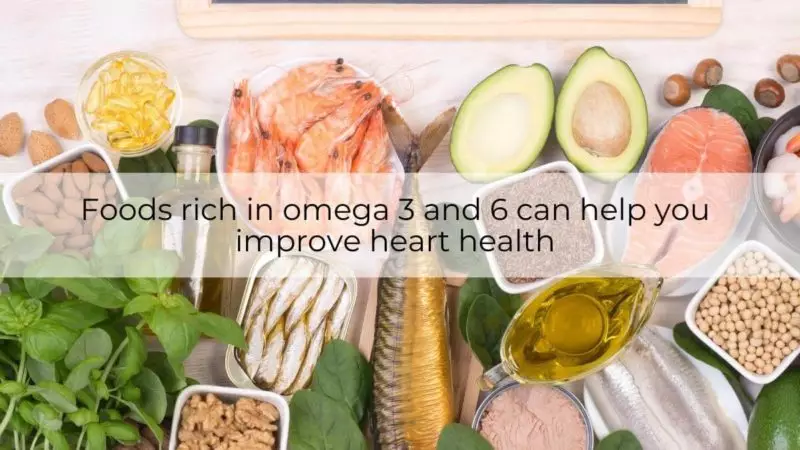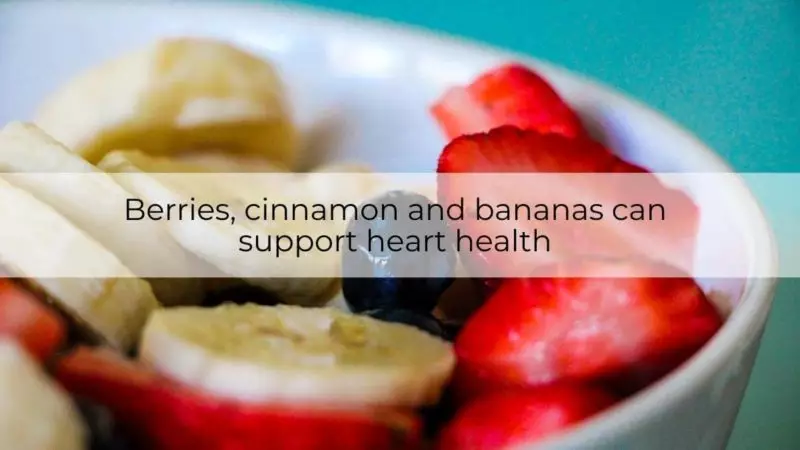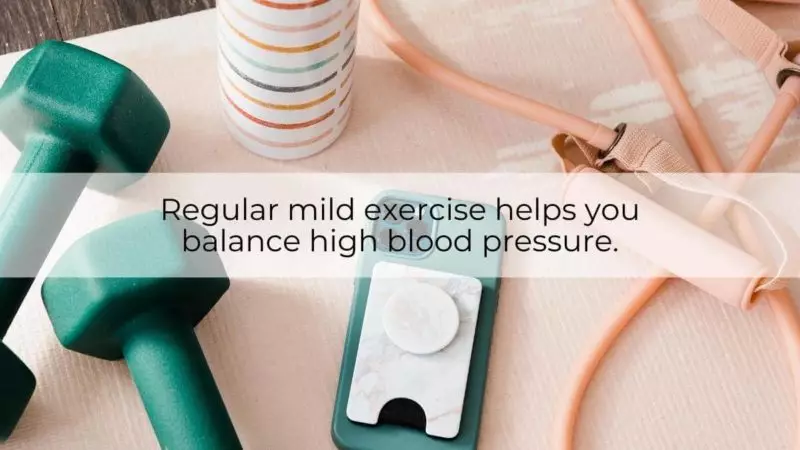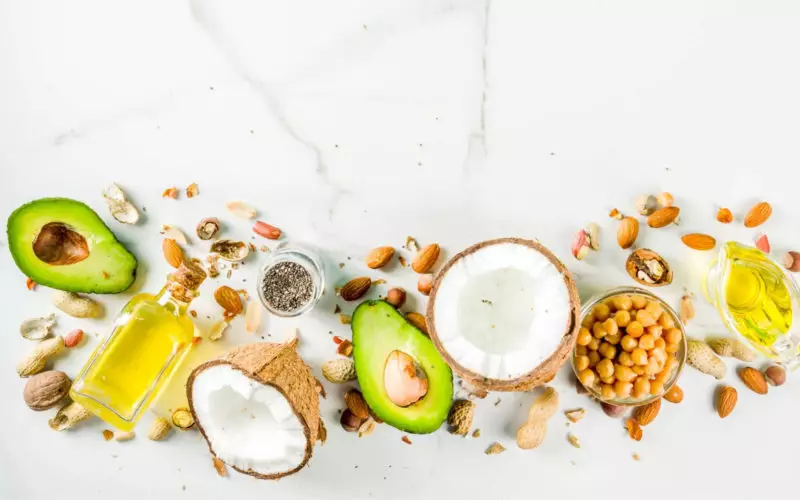
Cardiovascular disease, or heart disease, is an umbrella term that encompasses several illnesses, including coronary artery disease, myocardial infarction (i.e., heart attack), cardiac arrhythmias, and peripheral artery disease.
According to estimates, cardiovascular disease remains the leading cause of death worldwide, with more than 17.9 million victims every year. [1]
The causes of these conditions are diverse; however, the most common trigger is the irreversible obstruction of a main artery that delivers oxygen and nutrients to an organ/limb.
In this article, we will cover everything you need to know about the role of nutrition, exercise, and stress in controlling the risk factors of heart disease.
How diet can reverse heart disease
As just mentioned, the primary driver of heart disease is the oxidation of cholesterol, which occurs when you have dyslipidemia (i.e., high LDL, low HDL, high triglycerides).
Therefore, nutrition could significantly lower your risk of heart disease by controlling the levels of fats in your blood.
Researchers identified several foods with cardiovascular-protecting properties, including:
Omega 3
Omega-3 is a polyunsaturated fatty acid (PUFA) that controls the metabolism of fats and improves blood pressure. Since high blood pressure and dyslipidemia are major risk factors of cardiovascular disease, including healthy fats in your diet may reduce the strain on your vessels.
Foods rich in omega-3 include:
- Herring
- Salmon
- Oysters
- Mackerel
- Sardines
- Cod liver oil

Omega 6
According to several scientific studies, omega-6 fatty acids are very effective in controlling the levels of good and bad cholesterol. [2]
Omega-6 also lowers the levels of triglycerides, which indirectly contributes to the reduction of bad cholesterol (i.e., LDL).
Foods rich in omega-6 include:
- Hemp seeds
- Safflower oil
- Sunflower seeds
- Peanut butter
- Tofu
- Walnuts
Vitamin K
When cholesterol molecules deposit inside blood vessels, calcium sticks to these areas. [3] For this reason, foods that prevent the accumulation of calcium may potentially lower your risk of cardiovascular disease.
In a 2004 study, scientists inspected the results of taking relatively large amounts of vitamin K2 for 7–10 years. After careful analysis, the study showed that individuals who consumed the largest amounts of vitamin K2 had a 52% reduction in the risk of calcium deposition inside blood vessels. [4]
Berries
Berries are rich in compounds known as flavonoids, which have impressively potent antioxidative properties.

Bananas
Like other potassium-rich foods, bananas may lower blood pressure. With that said, people with chronic high blood pressure should not overconsume this food since it leads to digestive problems. [6]
Also, you should never abandon your antihypertensive medications without consulting your primary care physician.
Cinnamon
Besides being a delicious additive to many dishes, cinnamon can be a great ingredient for people with metabolic syndrome*.
In a 2016 review, researchers analyzed several clinical studies. One of those studies focused on supplementing 1,000 mg of cinnamon for diabetic patients for 12 weeks. At the end of the study, patients had a 3.4 mmHg decrease in their mean blood pressure. While this number may seem insignificant for some people, it can lead to a considerable risk reduction of heart disease. [7]

The best exercises to control the risk factors of cardiovascular disease
Cardiovascular experts have long identified a sedentary lifestyle as a primary risk factor for heart disease. Fortunately, regular physical activity produces the exact opposite result.
In summary, there is an abundance of research that supports the positive effects of exercise on cardiovascular health.
To give you an example of the powerful impact of exercise on heart health, let us briefly discuss yoga:
Studies found that individuals who engage in yoga activities are less likely to die from heart disease. To explain this phenomenon, researchers theorized that yoga addresses cardiovascular risk factors. [10]
For instance, one study found that people who practice yoga for at least five years managed to lower their blood pressure compared to a control group. [11]

The role of stress in heart disease
Throughout your lifetime, you are bound to face challenging moments that trigger psychological stress. The common triggers include the death of a loved one, working in a toxic environment, academic exams, family disputes, and the list goes on and on.
The caveat is that the beneficial type of stress must be temporary and of moderate intensity. Chronic stress, on the other hand, can last for months and even years, wreaking havoc on every organ system. [13]
Here’s why this happens:
While the brain is fascinating in every aspect, it has several limitations, including the inability to tell the difference between psychological and physical stress.
The primary system that gets activated during stressful times is the sympathetic nervous system (SNS), which is responsible for the ‘fight or flight’ response. Consequently, the levels of stress hormones, such as epinephrine (i.e., adrenaline), norepinephrine (i.e., noradrenaline), and cortisol, skyrocket in the bloodstream. [14]
Over the years, your risk of dying from a cardiovascular event dramatically increases. For this reason, scientists are repeatedly emphasizing the role of anxiolytic (i.e., anxiety-relieving) activities, such as meditation, yoga, exercise, listening to music, or whatever works for you.
Takeaway message
Eating a healthy diet, exercising regularly, and controlling your stress are fundamental steps that you should make to lower your risk of heart attacks and other cardiovascular events.
We hope that this article managed to highlight the role of diet, exercise, and stress in increasing or decreasing the risk of heart disease.








